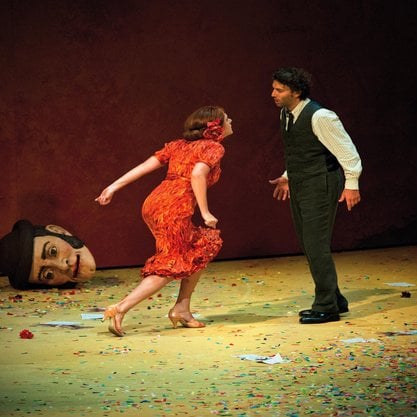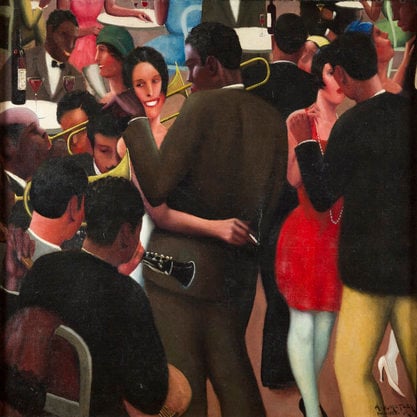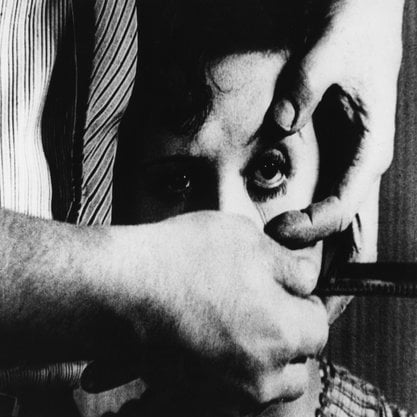Article
Pirandello, Luigi (1867–1936) By Bettaglio, Marina
Article
Born in the Sicilian town of Agrigento and educated in Palermo, Rome, and Bonn (Germany), the Nobel Prize winner (1934) Luigi Pirandello is a key literary figure of the 20th century, whose concerns reflect the modernist crisis of consciousness. In his novels, plays, and short stories, the unity of the Cartesian subject is irretrievably shattered into a myriad of masks that carry the baroque interplay of being and appearances to an extreme. In the shift from a stable and unitary interpretation of human identity to a plural and changing one, Pirandello’s works express a skeptical view of human existence while paving the way to Postmodernism. Like identity, truth itself ceases to be a unified concept: acquiring a plurality of meanings, it becomes the expression of individual interpretations.
From his initial novel L’Esclusa [The Outcast] (1901), in which the theme of honor and rejection is resolved in a paradoxical way, Pirandello’s works question the phenomenal world and the concept of “truth,” and expose the absurdity of a human condition trapped in the arbitrariness of social conventions. Problematizing the relationship between individual and society, Pirandellian characters struggle in vain to find a way out of their constricting existence and to overcome the limitations of their conditions.




